Breakfast, lunch and dinner menus are extensive with such offerings as smoothies, omelets, sandwiches, burritos, grits, homemade soups, fresh salads, burgers, sandwiches, variety of pizzas, flatbreads, noodle and grain bowls, Southwest Sunburst – grilled chicken breast, citrus BBQ sauce, garlic polenta cake, winter greens, seasonal grilled vegetables, cookies, brownies, key lime pie, chocolate cake, lemon cake and much more
In January 2024, Yavapai Community College unveiled its renovated student cafeteria, “The Eatery,” on the Prescott Campus. The total renovation cost was not disclosed. The College, in a press release, said, “The Eatery” was “a new beacon of conscientious and creative dining, where every bite is a celebration of local flavor and ethical sourcing.”
It is clear after a full semester that the renovation and revamped food offerings provide a delightful dining experience for students and staff alike. Open year-round, seven days a week, for breakfast, lunch, and dinner, “The Eatery” is promoted by the College as a venue that “seamlessly marries nutrition, food quality, and sustainability.” When it was reopened, the College said that it prioritizes “freshness, flavor, and nutritional value, offering a diverse menu” that caters to various dietary preferences and features a seasonally updated selection.
“The Eatery” boasts a wide variety of dining options during the day, including smoothies, omelets, sandwiches, burritos, grits, homemade soups, fresh salads, burgers, pizzas, flatbreads, noodle and grain bowls, and signature dishes like the Southwest Sunburst—grilled chicken breast with garlic polenta cake, winter greens, and seasonal grilled vegetables. Desserts such as cakes, cookies, brownies, key lime pie, chocolate cake, and lemon cake round out the menu.
The culinary team at “The Eatery,” introduced during the January 2024 reopening, was composed of renowned chefs from some of the area’s most esteemed restaurants. Led by Aimee Novak, Director, and Tony Burris, Assistant Director, the team brought a wealth of expertise, creativity, and a profound understanding of local flavors to the kitchen.
It is noteworthy that when the Community College reopened the renovated “Eatery” in January 2024, it also replaced the Café in Building 19 on the Prescott Campus with an Open Market grab-and-go, self-check kiosk system. Managed by Hi-Line Snack and Vending, the Open Market is similar to the grab-and-go system installed at CTEC.
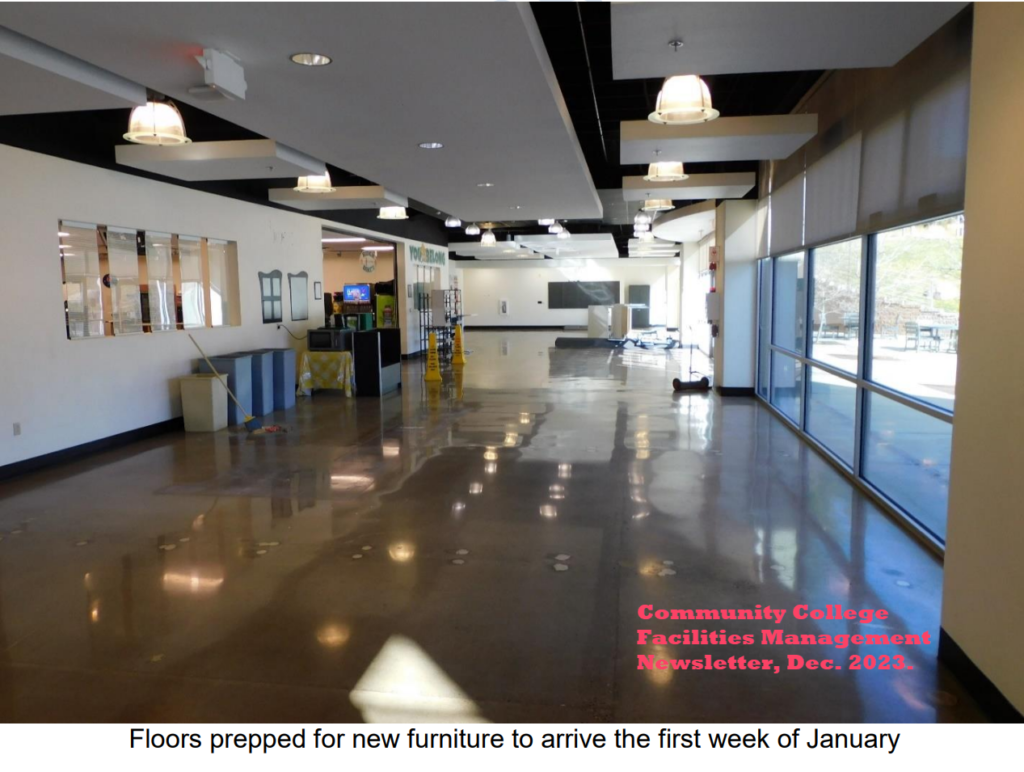

 After little more than one year of work, Yavapai Community College formally celebrated the renovation of a portion of Building “M,” which is now known as the “Center for Learning and Innovation.” This newly transformed center has replaced thousands of books and traditional library materials with state-of-the-art computerized teaching and learning technology.
After little more than one year of work, Yavapai Community College formally celebrated the renovation of a portion of Building “M,” which is now known as the “Center for Learning and Innovation.” This newly transformed center has replaced thousands of books and traditional library materials with state-of-the-art computerized teaching and learning technology.
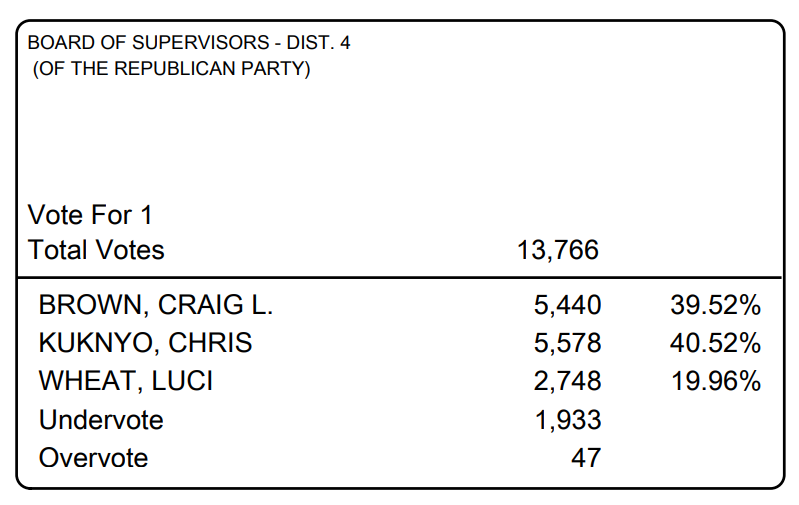

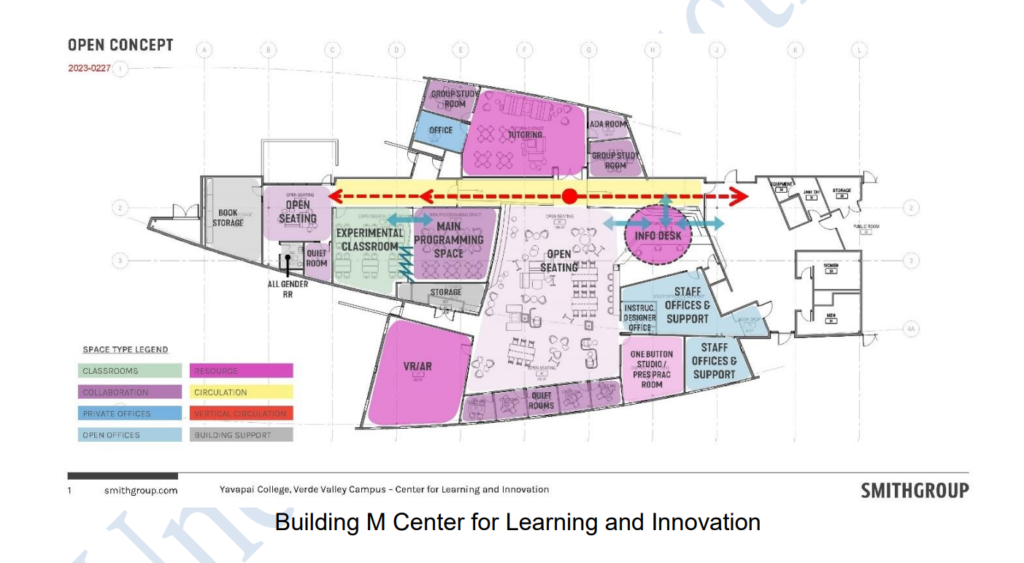 After about two years, the renovation of Building “M” on the Verde Valley Campus is complete. There will be a ceremony August 13 recognizing the renovation. This ceremony follows on the heels of the successful August 8 open house.
After about two years, the renovation of Building “M” on the Verde Valley Campus is complete. There will be a ceremony August 13 recognizing the renovation. This ceremony follows on the heels of the successful August 8 open house. The Yavapai Community College District Governing Board has announced its fall schedule. Its first business meeting is set for September 24, which is almost four months since it last met on May 21. Two of the fall meetings are scheduled at the Prescott Campus Rock House while one will be held on the Clarkdale Campus.
The Yavapai Community College District Governing Board has announced its fall schedule. Its first business meeting is set for September 24, which is almost four months since it last met on May 21. Two of the fall meetings are scheduled at the Prescott Campus Rock House while one will be held on the Clarkdale Campus.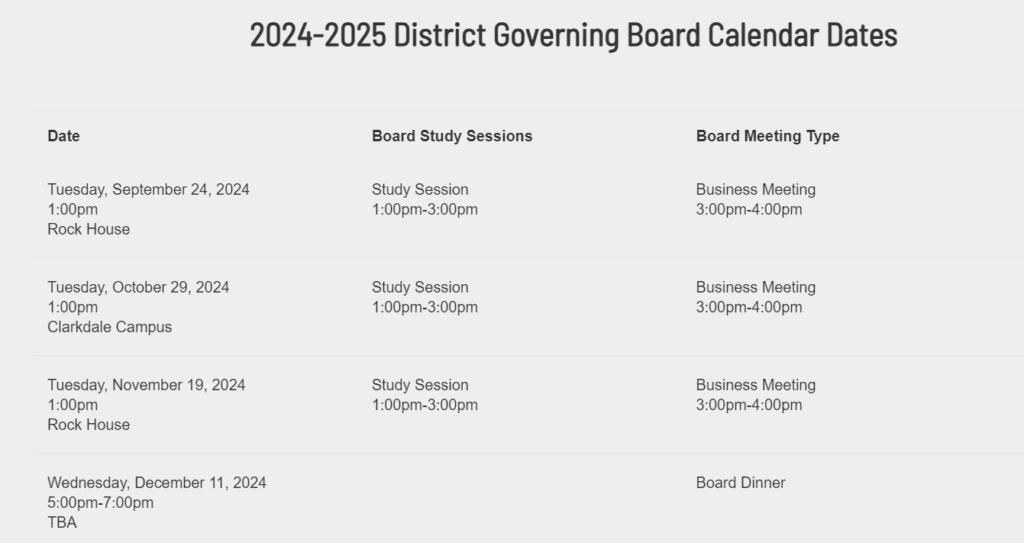
 On July 25 Yavapai Community College awarded 16 Emergency Medical Service certificates to students as they completed the rigorous Paramedic Training Program. “You have chosen a path that demands courage, resilience, and an unwavering commitment to serving others,” Yavapai College Community College EMS Program Director Alexander Lewis said in addressing the paramedics. “I have no doubt that you will rise to meet these demands and make us all proud.”
On July 25 Yavapai Community College awarded 16 Emergency Medical Service certificates to students as they completed the rigorous Paramedic Training Program. “You have chosen a path that demands courage, resilience, and an unwavering commitment to serving others,” Yavapai College Community College EMS Program Director Alexander Lewis said in addressing the paramedics. “I have no doubt that you will rise to meet these demands and make us all proud.”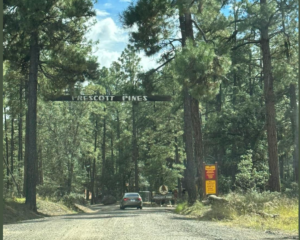 Yavapai Community College is promoting the 41 acre Pines Camp it purchased in May as a tranquil setting surrounded by the scenic Prescott National Forest. The camp boasts ample trails for hiking and mountain biking, a gorgeous pool, Goldwater Lake is just half a mile away, and other amenities.
Yavapai Community College is promoting the 41 acre Pines Camp it purchased in May as a tranquil setting surrounded by the scenic Prescott National Forest. The camp boasts ample trails for hiking and mountain biking, a gorgeous pool, Goldwater Lake is just half a mile away, and other amenities.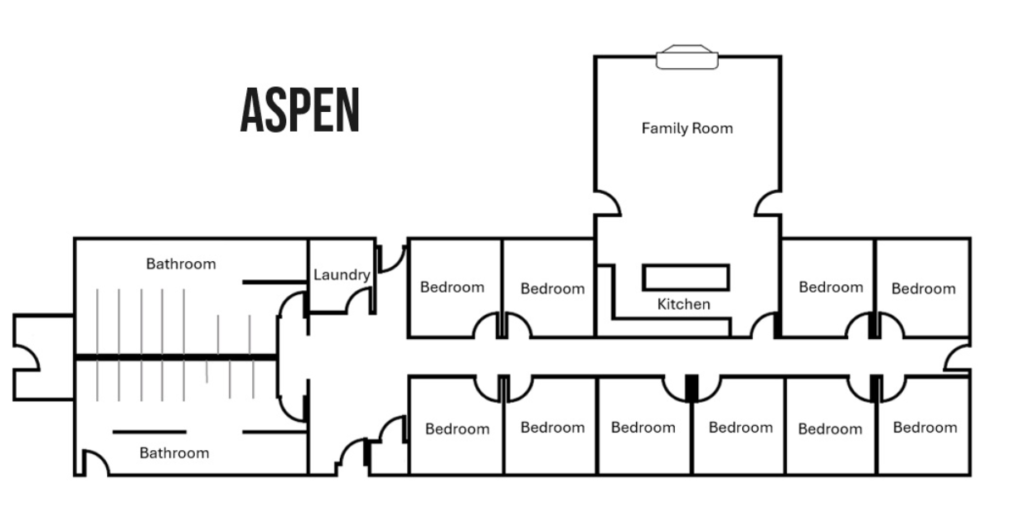
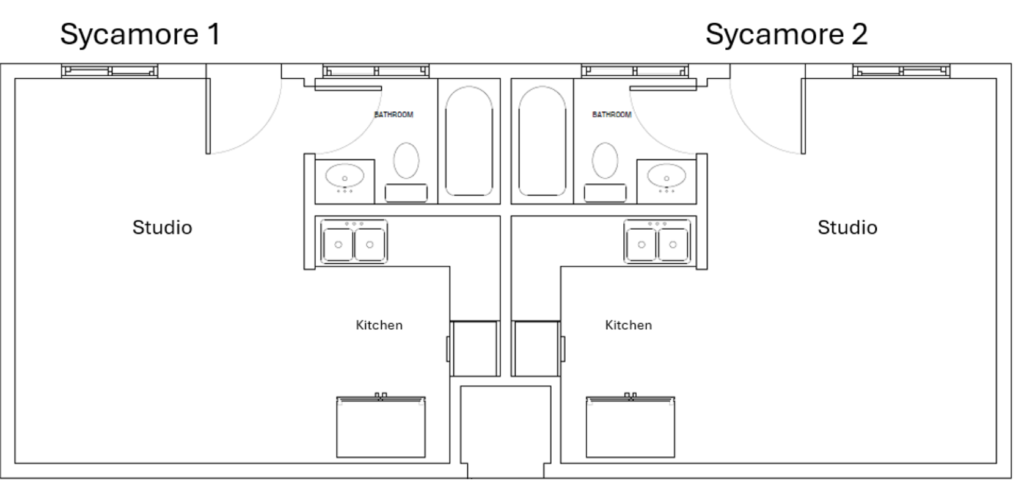

 Yavapai Community College is launching a rental program for staff and students at the 41-acre Prescott Pines camp. The college has invested at least $11 million so far in total in this project since its purchase in Spring 2024.
Yavapai Community College is launching a rental program for staff and students at the 41-acre Prescott Pines camp. The college has invested at least $11 million so far in total in this project since its purchase in Spring 2024.